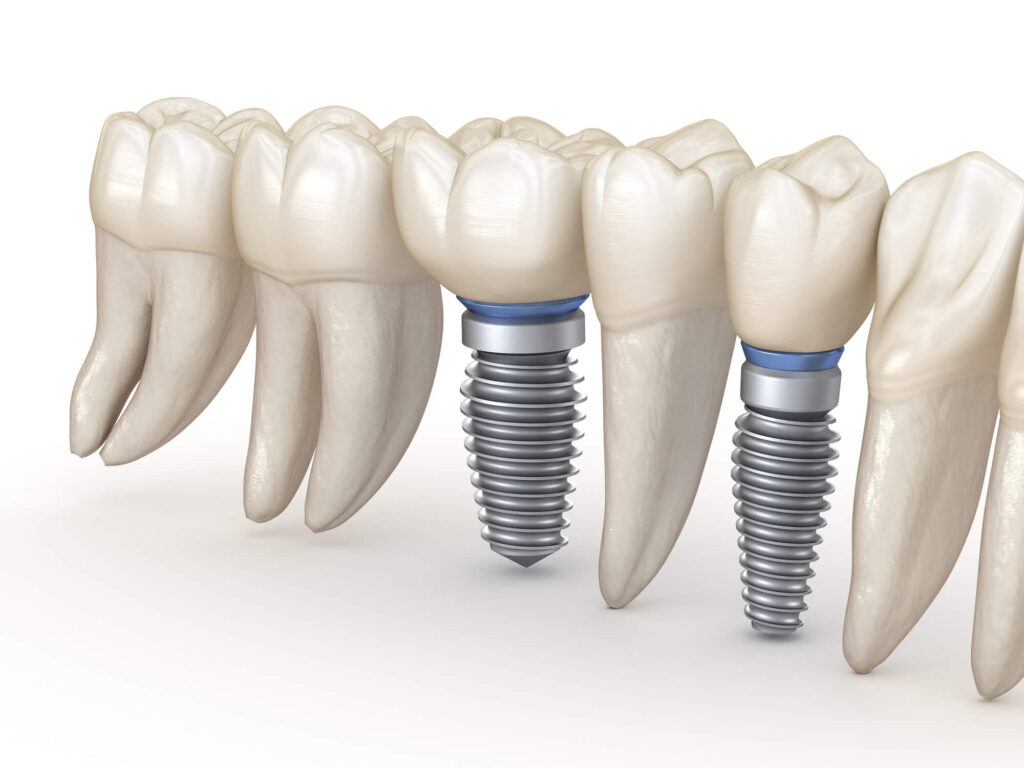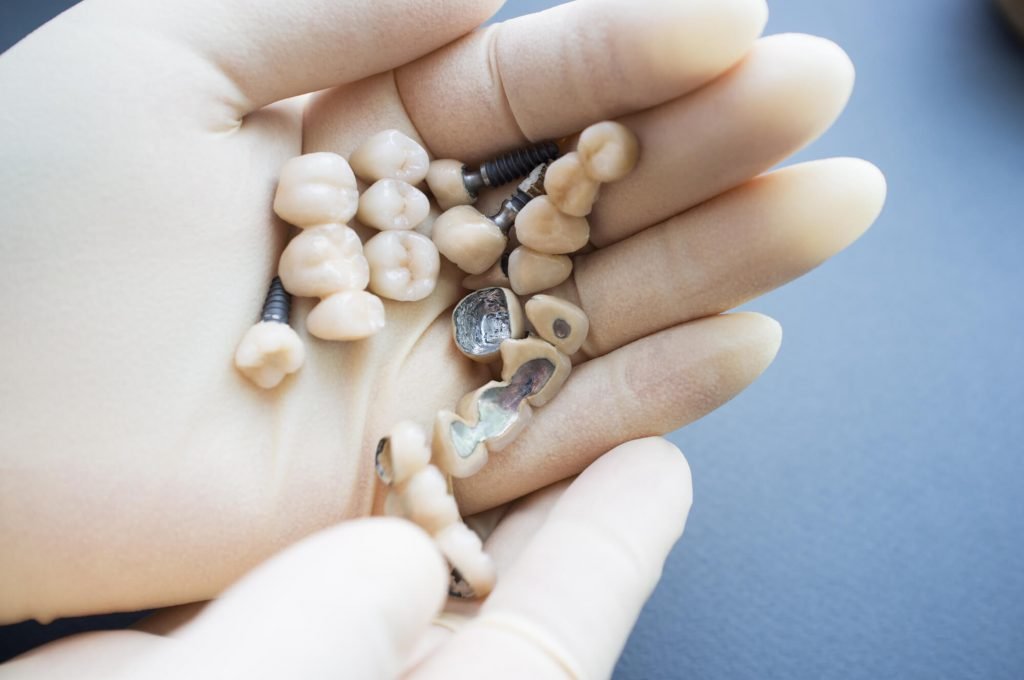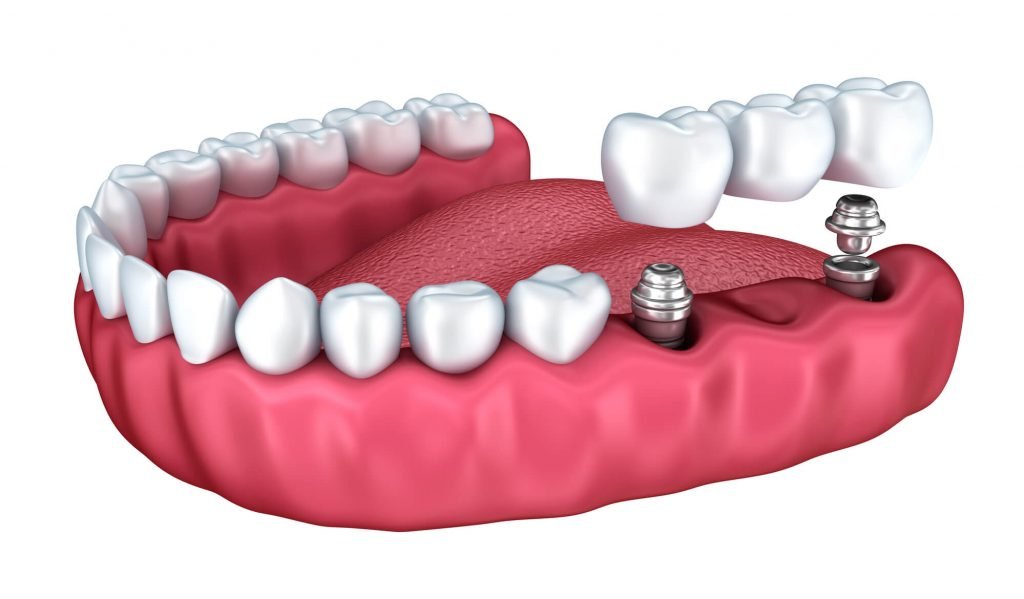Dental implants have revolutionized the way we approach tooth replacement. They offer a durable and aesthetically pleasing solution for missing teeth. However, for many prospective patients, the cost for dental implants is a significant consideration.
Understanding the factors influencing these costs can help you better comprehend your tooth replacement process. From the materials used to the expertise of the dental team, several variables play a part in determining the final price. Let’s explore what makes up the cost of dental implants and how you can make an informed decision about your dental health.
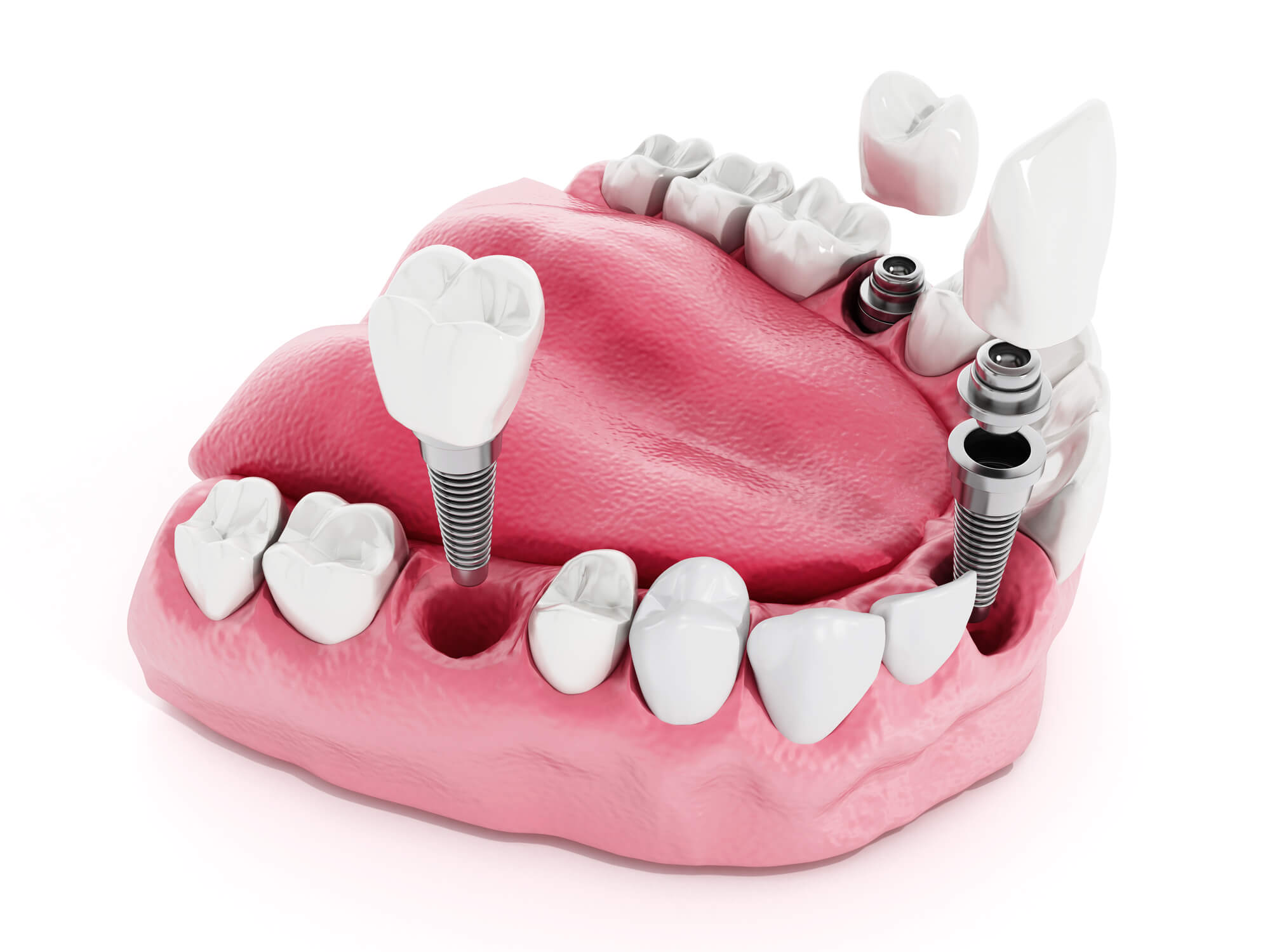
Key Factors Influencing Dental Implant Costs
Type and Quality of Materials
The materials used for the implant post and crown significantly affect the price. Titanium implants, known for their durability and biocompatibility, may cost less than zirconia options. Similarly, the choice of material for the crown, whether porcelain, ceramic, or composite, can vary in price due to their aesthetic qualities and longevity.
Complexity of the Dental Case
Every mouth is unique, and so is every dental implant procedure. Some patients may require additional treatments, such as bone grafting or sinus lifts, to prepare the jawbone for implant placement. The complexity of these preparatory procedures can add to the overall cost.
Number of Implants Needed
The total number of implants required significantly influences the overall expense. Replacing a single tooth will cost less than full mouth reconstruction. Furthermore, some treatments may involve the use of multiple implants to support bridges or dentures, affecting the final price.
Location and Expertise of the Dental Practice
Geographical location plays a surprising role in the cost of dental implants. Practices located in urban centers with a higher cost of living typically charge more. Additionally, the dentist’s or oral surgeon’s expertise and reputation can also impact the price, reflecting their years of training, experience, and success rates with implant procedures.
Additional Procedures and Dental Health
Preparatory procedures like extractions, bone grafts, or treatments for periodontal disease can add to the initial cost. The overall state of a patient’s dental health and the need for these additional interventions can vary widely, influencing the total investment in dental implant treatment.

Are You Still Wondering About the Cost for Dental Implants?
If you’re missing teeth and considering dental implants, it’s important to remember that the cost can vary depending on several factors. However, dental implants remain a valuable investment in oral health and quality of life despite the potential costs.
Fortunately, many dental practices offer financing options or payment plans to help you manage expenses. Additionally, exploring dental insurance coverage or health savings accounts (HSAs) can help mitigate some of the costs associated with dental implants.
If you want to explore dental implants as a solution for missing teeth, look no further than the Center for Implant Dentistry. We offer transparent pricing and assistance in understanding financing options to make your path to a complete and confident smile both successful and affordable. Contact us today to learn more about how we can help guide you through your choices and make dental implants a reality.
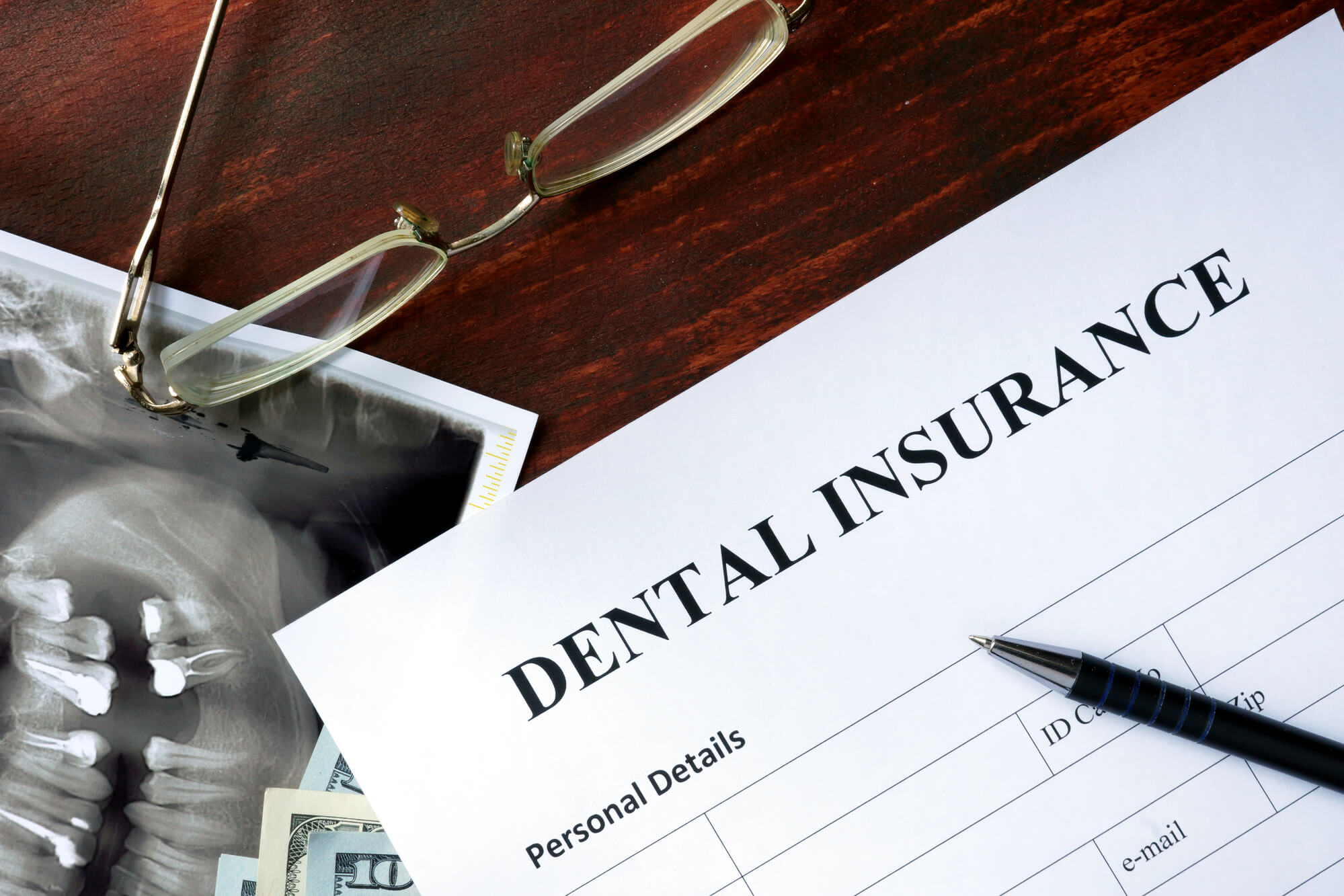 Does Insurance Cover Dental Implants?
Does Insurance Cover Dental Implants? Are You Looking for Affordable Dental Implants?
Are You Looking for Affordable Dental Implants? Navigating Post-Procedure Discomfort
Navigating Post-Procedure Discomfort Are You Looking for a Trusted Implant Dentist in San Francisco?
Are You Looking for a Trusted Implant Dentist in San Francisco?




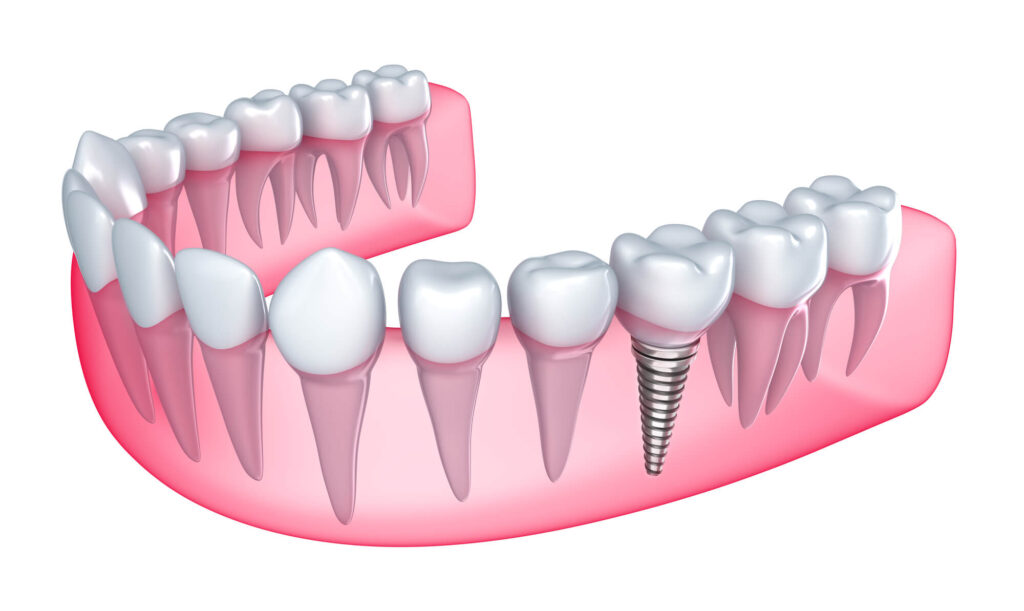
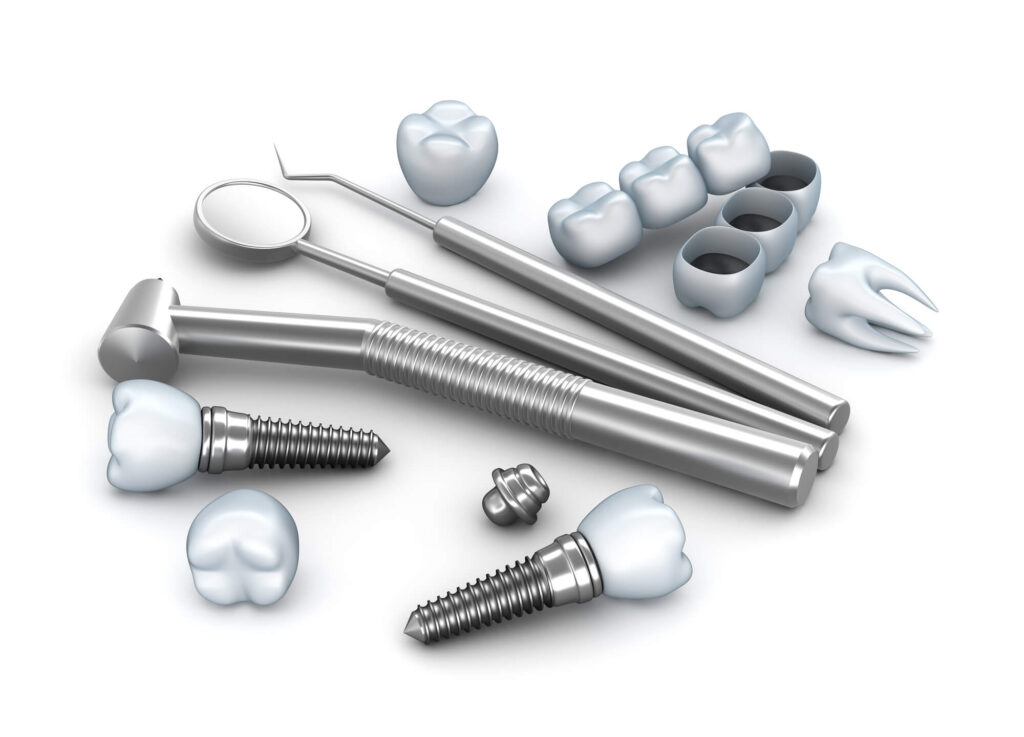 Get Your Dental Implants in San Francisco for a Better Smile!
Get Your Dental Implants in San Francisco for a Better Smile!
